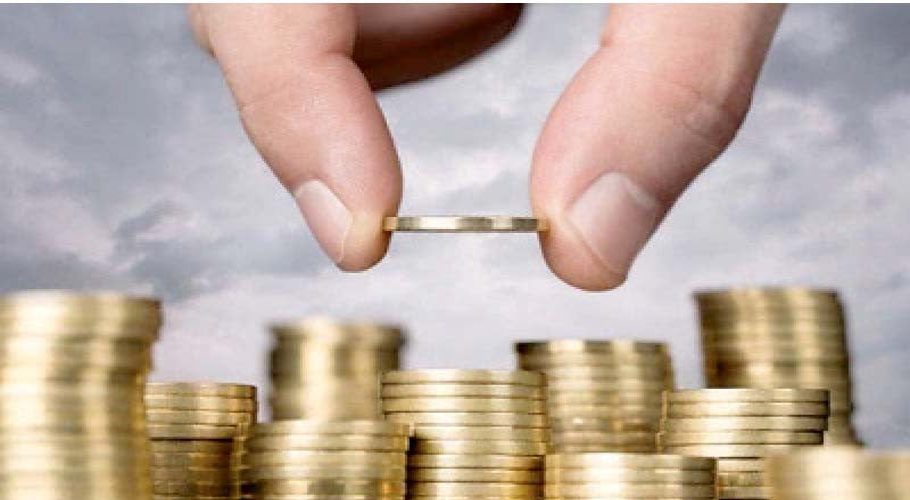In the first seven months of the current fiscal year, the government borrowed a record-high Rs1.778 trillion, which represents a considerable rise compared to the same period last year, the recent data revealed by the State Bank showed.
Meanwhile, credit from the private sector has almost halved to just Rs435 billion, which suggests a decrease in investor confidence.
While the decline in private sector credit also indicates a decline in investor confidence, it also highlights the mounting pressure on the country’s finances as it tries to balance its budget and support a faltering economy. Businesses and individuals are becoming hesitant to lend money to the government, which is highlighted by the increase in government borrowing.
The government has to find ways to reduce its dependence on borrowing and increase revenue in order to get its finances back on track and regain the trust of investors.
This could involve implementing reforms to increase tax collection, reducing government spending, and finding new sources of revenue.
The country is already facing a number of challenges these days, including inflation, a declining currency, and soaring debt. The government has been working to address these issues but has struggled to get its finances back on track and regain the trust of investors.
The recent surge in government borrowing and decline in private sector credit highlight the urgency of these efforts.

































